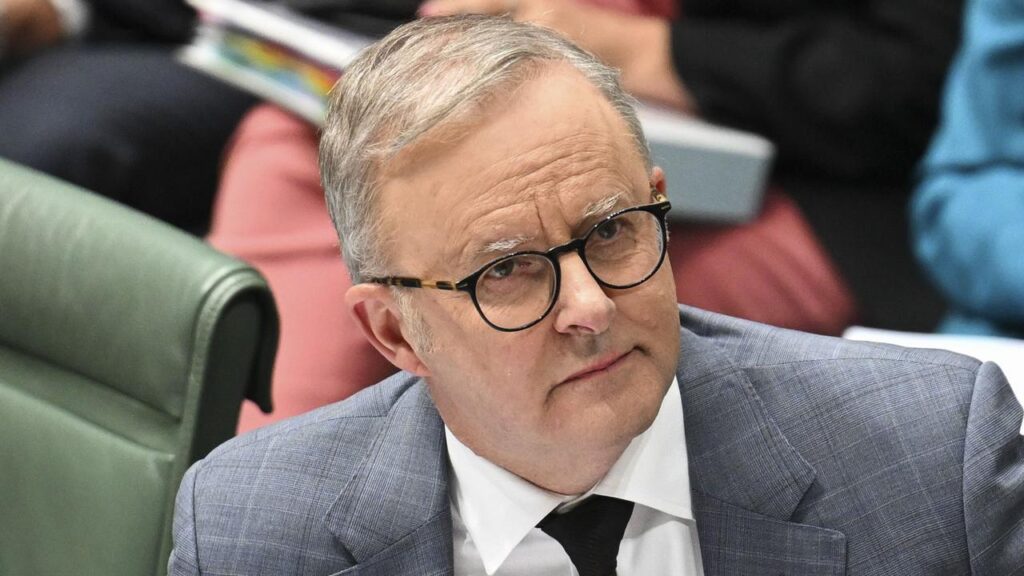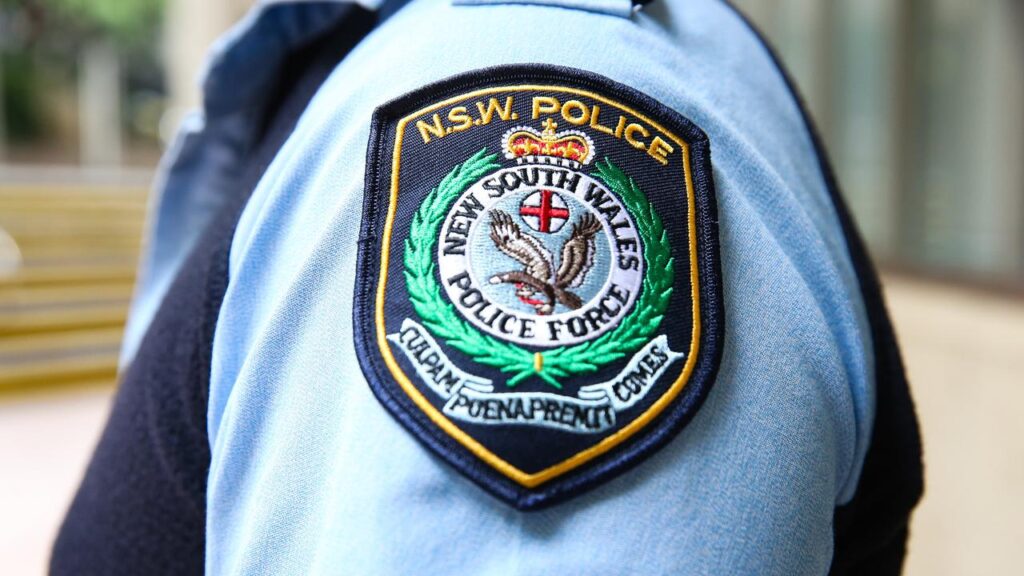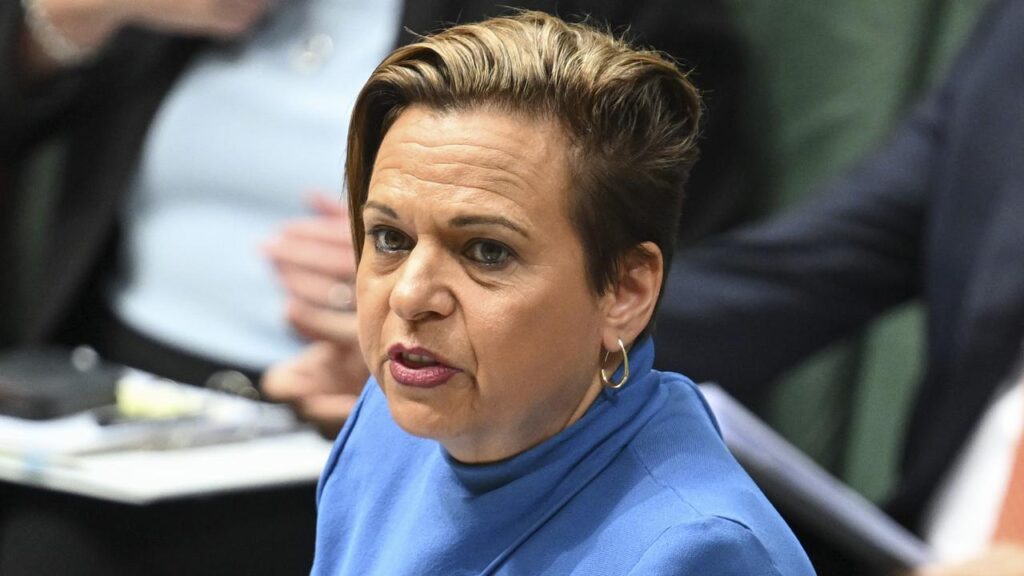Housing crisis’ harrowing effect on kids
Written by admin on August 5, 2024
More than one in five children under the age of 18 who sought help from homelessness services were turned away due to providers being pushed to the limit, in staggering figures revealed by a report from Australia’s peak body.
Figures revealed in the 2024 Child Homelessness Snapshot from Homelessness Australia found that out of the 95,847 children, including 15,902 minors who were unaccompanied by a parent or caregiver, seeking homelessness support services in the 2022-23 financial year, 19,833 were turned away, and were unable to be given any support.
Despite 76,014 children receiving help from specialist services, more than one in three (25,414) remained homeless, representing a 3.2 per cent year-on-year increase, with Queensland reporting an increase of 20 per cent, and figures in South Australia growing by 15.9 per cent.
The figures were released ahead of Homelessness Week 2024, which will be officially launched by newly inducted Housing and Homelessness Minister Clare O’Neil on Monday, in her first public appearance since being sworn into the portfolio.
Homelessness Australia’s chief executive Kate Colvin said it was “devastating” that children were being turned away due to a lack of resrouces, and services.
The sector is also being hit by a “perfect storm” of factors, with the housing and cost-of-living crisis driving more people to homelessness services, while scarce low-cost rentals meant it’s now a lot harder to rehouse people who’ve lost their homes.
“What happens at the front door of homelessness services is that there’s only a limited number of workers, and foten by 11am in the morning, all the appointment for that day are full, and all of the resources to put people into emergency accommodation for the night are already spent,” she said.
“What that means is that someone who doesn’t have anywhere to sleep that night, they have to sleep on the street, or in their car.”
Ms Colvin added that while turning away vulnerable children from resource-strapped services had become “normalised,” other countries have protections to prevent this from happening.
“In the UK, homelessness services are provided by the local government, and families and children have a right to homelessness support and the right to accommodation,” she said.
“There are no homeless children on in the UK, because the they’re provided with accommodation, and we just don’t have that.
“This is not what happens in every other country, and that children become homeless and they get turned away from services. It’s something we should be shocked about and change.”
Paying tribute to the former housing and homelessness minister Julie Collins for her work in re-establishing federal government investment into social housing, Ms Colvin also called on Ms O’Neil to prioritise increasing supply.
“The priority for the new minister is to really supercharge the government’s investment in social housing, and working with states to turn this around so that when people go looking for a low cost rental, they can find somewhere to live,” said Ms Colvin.
“The other priority involves really investing in homelessness services, so that when families and children turn up to homelessness service, there’s a worker there that can help them.”
The report also issued five recommendations, including calls for the government to commit to halving homelessness within five years, and ending homelessness in 10, plus a focus on prevention and early intervention by increasing the supply of social and affordable housing, incoming support for renters and strengthening support for at risk groups.
The peak body also called for a dedicated Action Plan for children and youths, plus a First Nations Housing and Homelessness Plan, with Indigenous children making up 32 per cent of kids experiencing homelessness.
Ms O’Neil’s office was contacted for comment.







